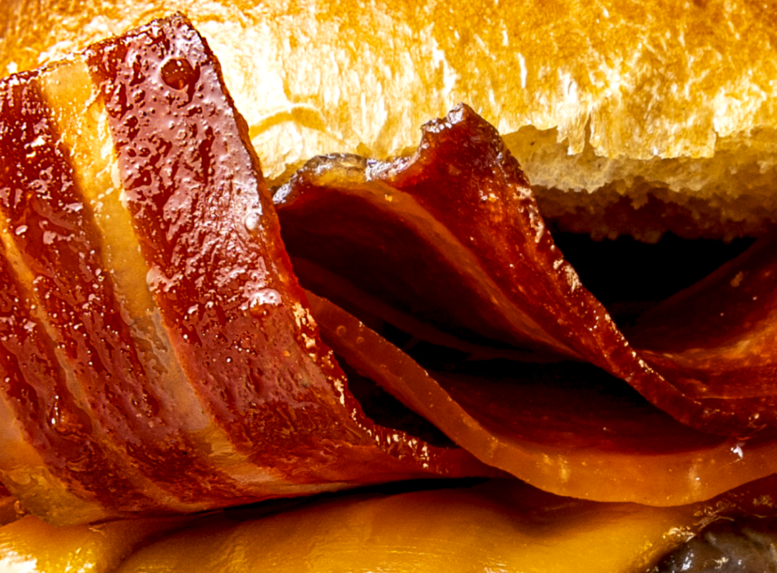
France’s move to ban manufacturers from using meaty terms for plant-based protein products has met with a mixed reaction.
A new legislative decree means that from 1 October the use of meaty names such as ‘steak’ and ‘sausage’ will be outlawed on plant-based protein food.

Discover B2B Marketing That Performs
Combine business intelligence and editorial excellence to reach engaged professionals across 36 leading media platforms.
“It will not be possible to use sector-specific terminology traditionally associated with meat and fish to designate products that do not belong to the animal world and which, in essence, are not comparable,” the decree reads.
France becomes the first country in the European Union to impose such a ban. The EU rejected a similar proposal that would have resulted in bloc-wide restrictions in 2020.
The French decision follows hot on the heels of a ban on meaty terms for food containing no meat announced by the South African government last week.
Like South Africa, France has a powerful farming and meat lobby and it has applauded the announcement of the ban.

US Tariffs are shifting - will you react or anticipate?
Don’t let policy changes catch you off guard. Stay proactive with real-time data and expert analysis.
By GlobalDataInterbev, the National Interprofessional Association for Livestock and Meat, said the move “represents a major step forward in the transparency of information provided to consumers”.
Its president, Jean-François Guihard, said: “The protection of meat designations and their regulatory frameworkis a very important subject on which our body has been mobilising for several years.”
A joint statement from French farmers’ unions – including the country’s largest FNSEA – also welcomed the ban but suggested it did not go far enough.
“This remains insufficient and will not avoid any confusion with the French consumer, in particular for meats,” it said.
The unions are concerned the ban does not cover imports from other EU countries and has urged the French government to “bring the file to Brussels” in order to “widen the scope applicable to all products, regardless of their origin”.
The union statement added: “Once again France is showing the way, let us be up to it by implementing this new provision at European level.”
On the other side of the argument, Nicolas Schweitzer, CEO of plant-based bacon manufacturer La Vie was quoted in the French media as describing the government’s decision as “delusional”.
And ONAV, a French association of scientists and health professionals promoting a plant-based diet, described the decree as “part of a logic of extensive protection of the economic interests of the meat sector”.
It added: “While climate experts, health professionals and consumer associations are now calling for better regulation of the marketing and promotion of the least sustainable foods and the promotion of healthier options, it risks hindering and delaying the development of the plant sector in France as well as the transition to healthier and sustainable diets with a stronger plant component.”
ONAV suggested the terms which are being banned for non-meat products “are already used by a majority of the population and do not bother consumers, the vegetable nature of the products being the desired element and motivating the act of purchase”.
It said: “These names contribute to making plant products more attractive, which thus facilitates the development of the plant sector in, in particular, the common interest of reducing the environmental impact of food.”
ONAV argued that because the decree only targets domestic producers, it will lead to “a competitive disadvantage that France risks paying in the future”.
Terms like ‘milk’, ‘butter’ and ‘cheese’ are already banned at the European level on products that are not of animal origin.





